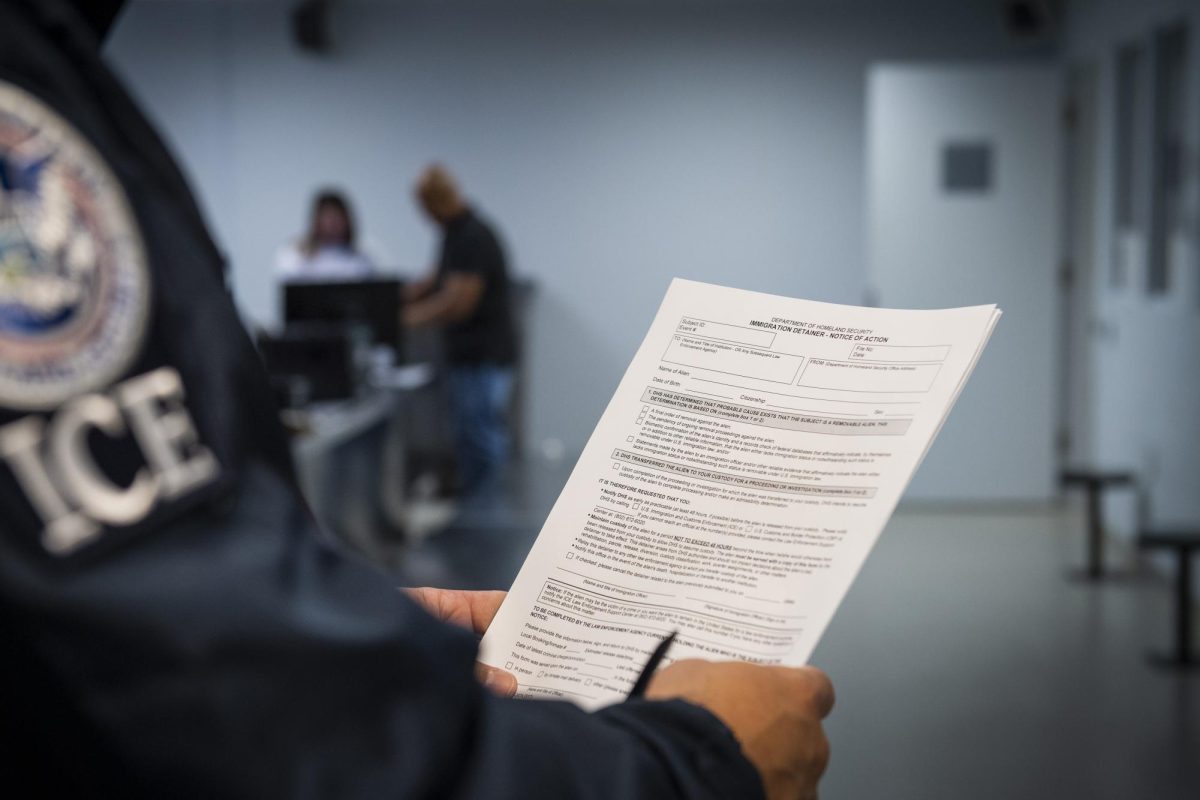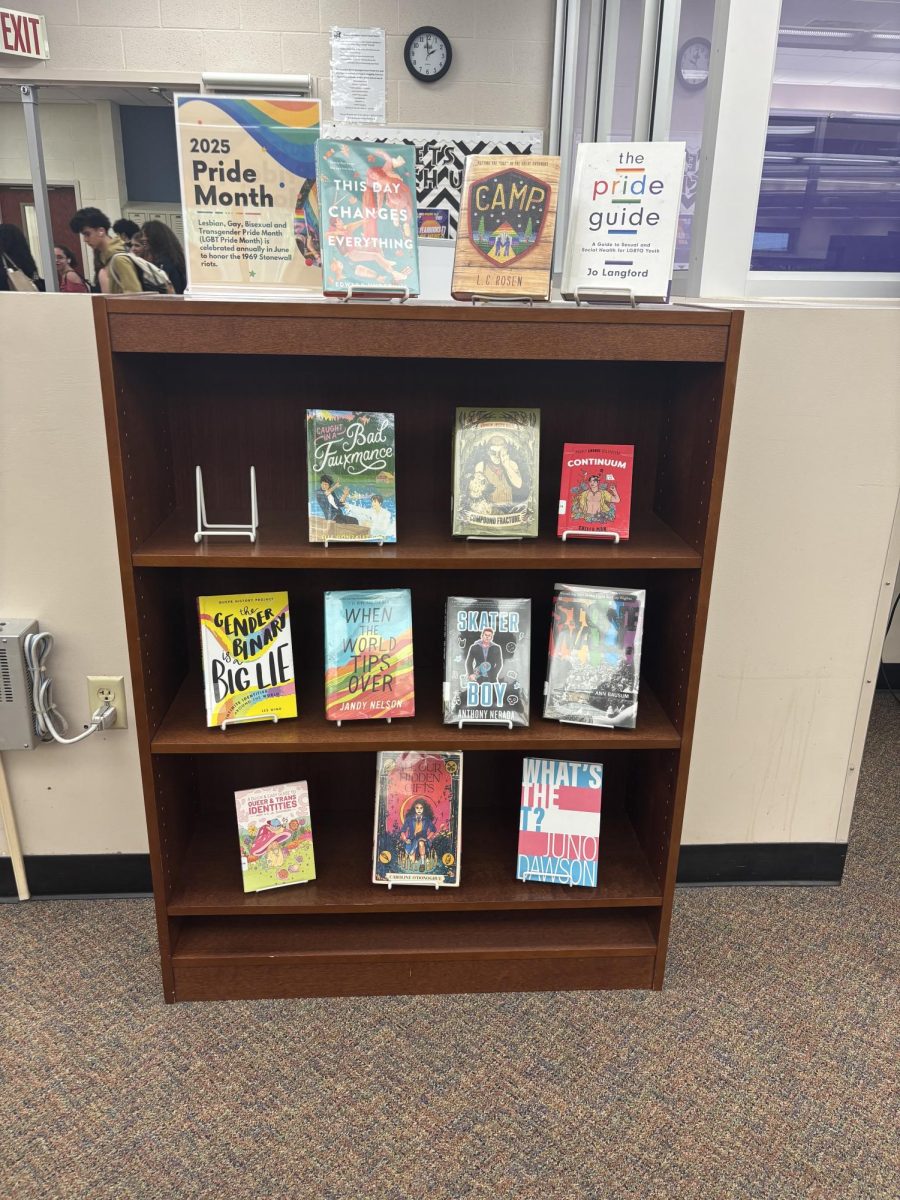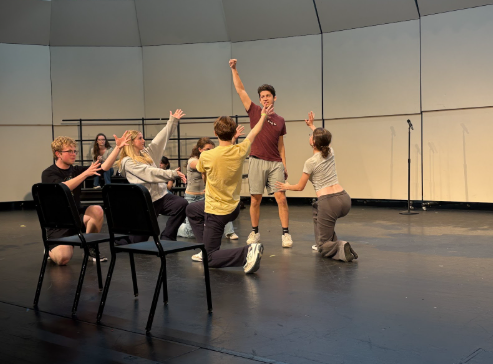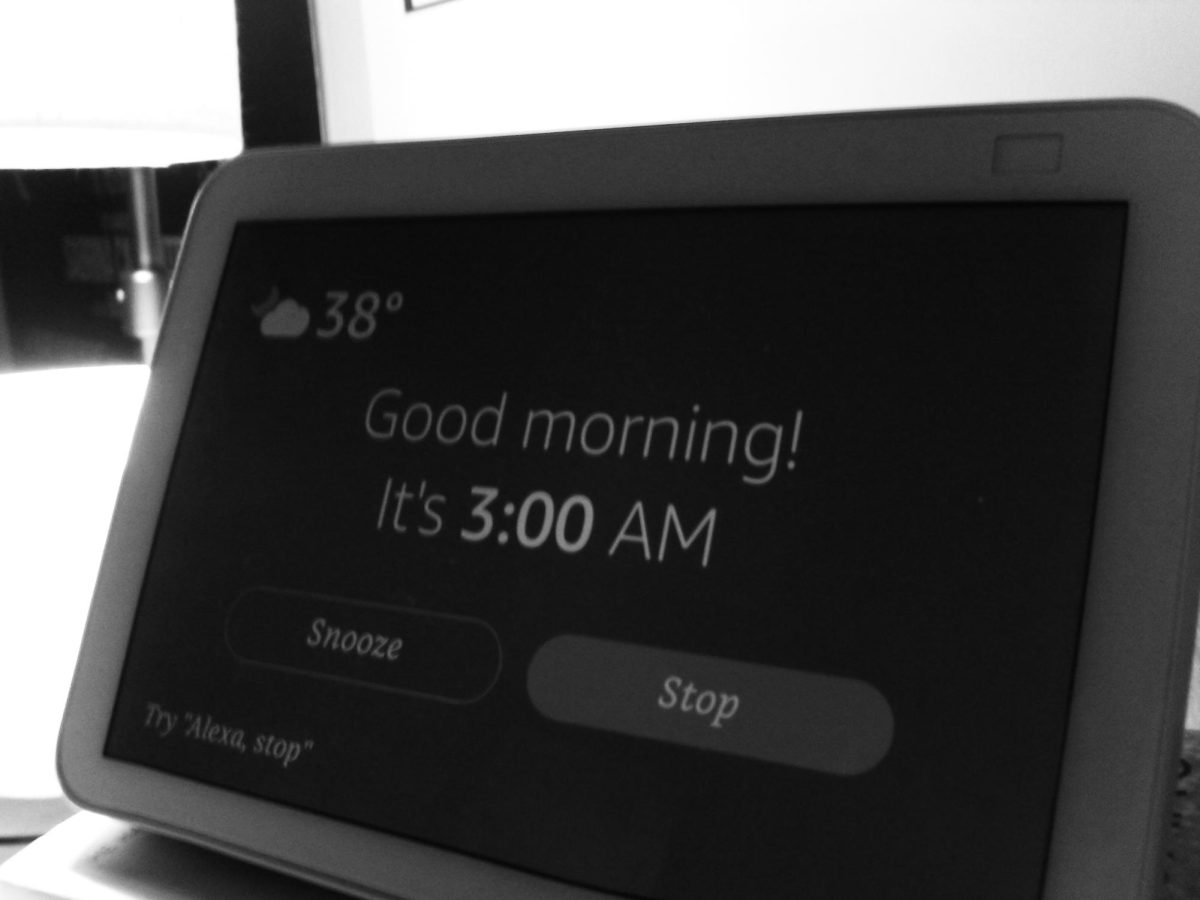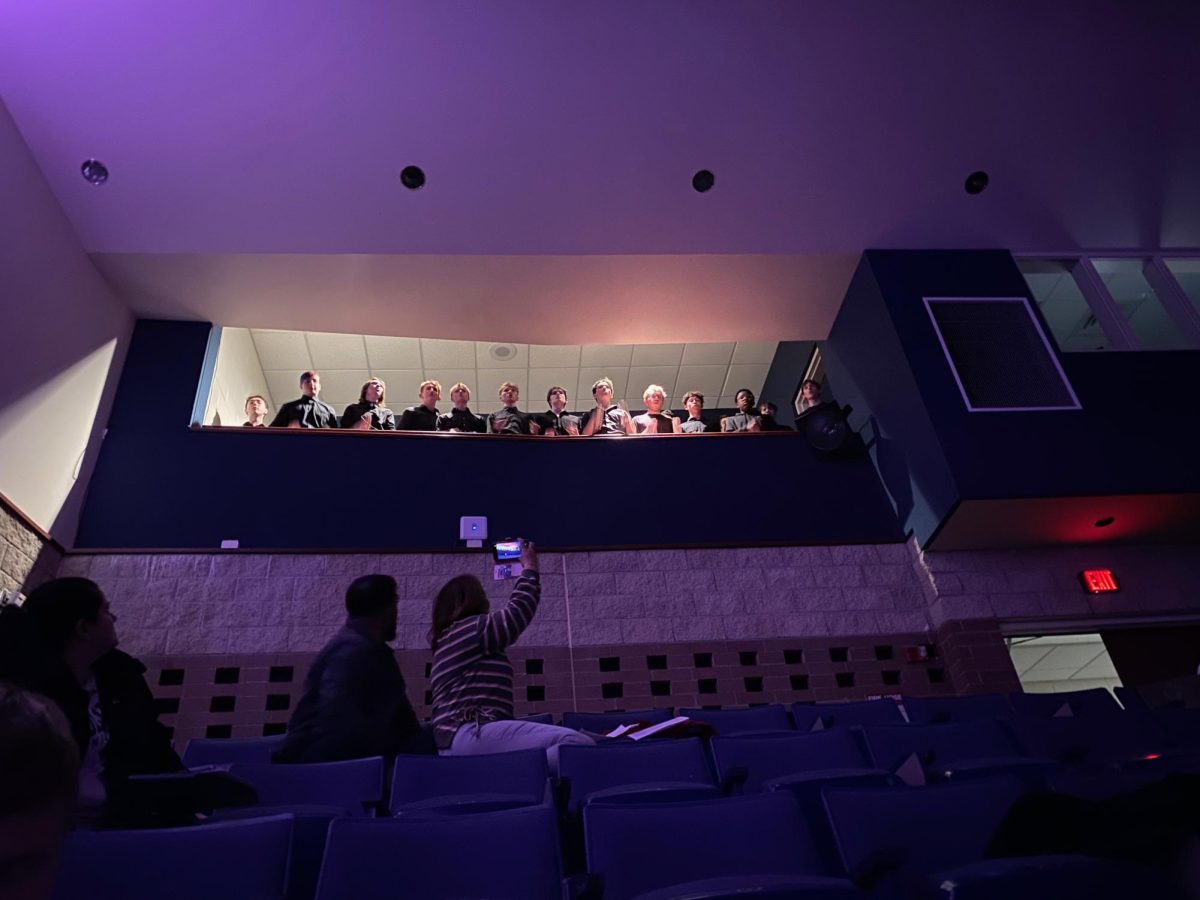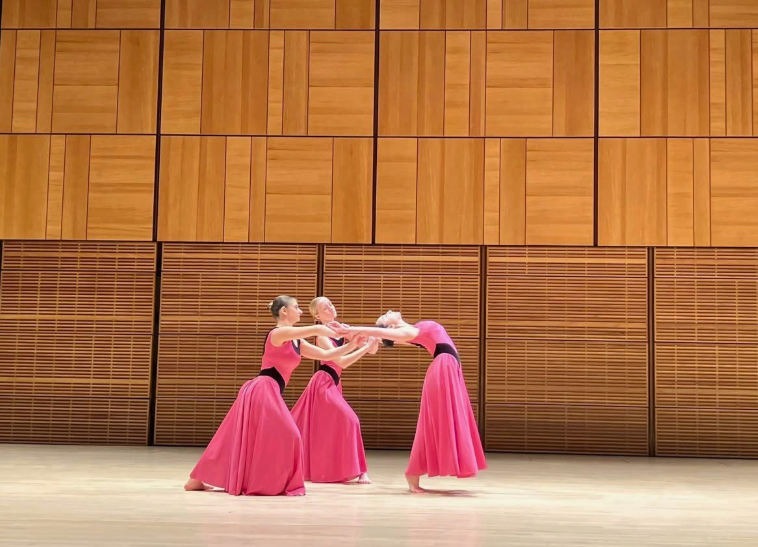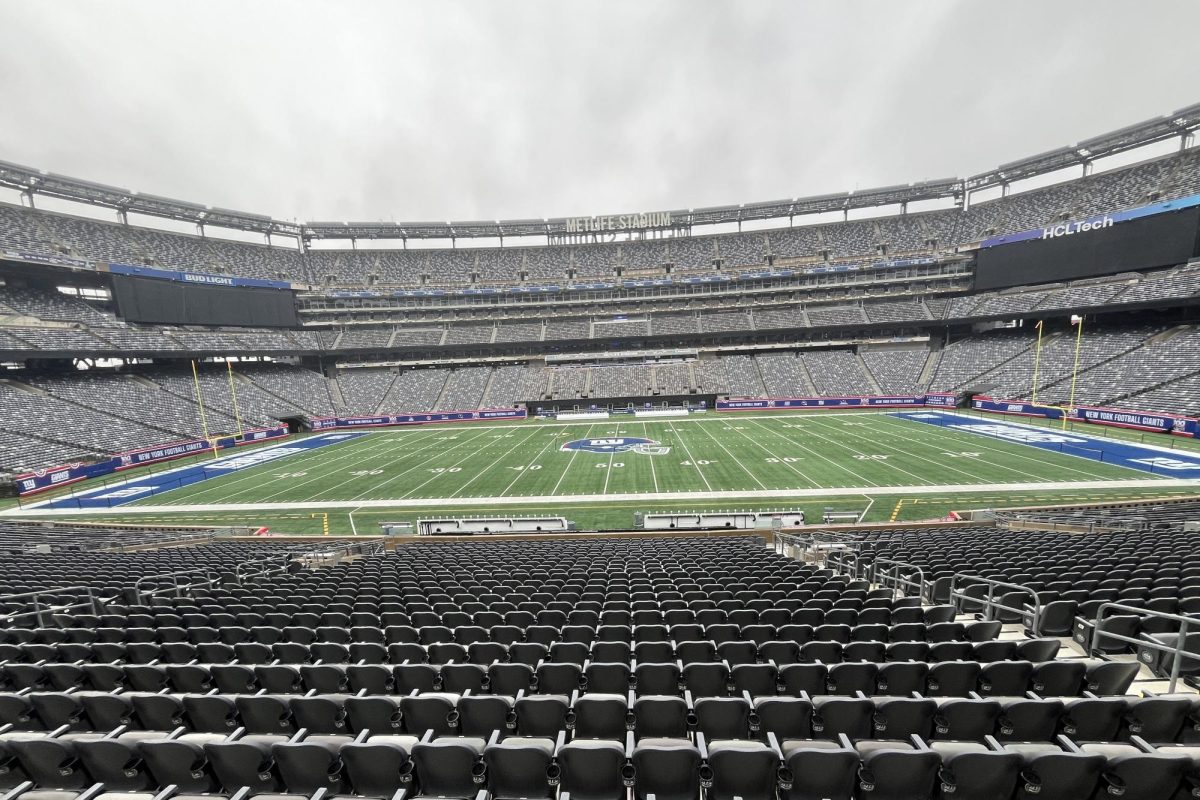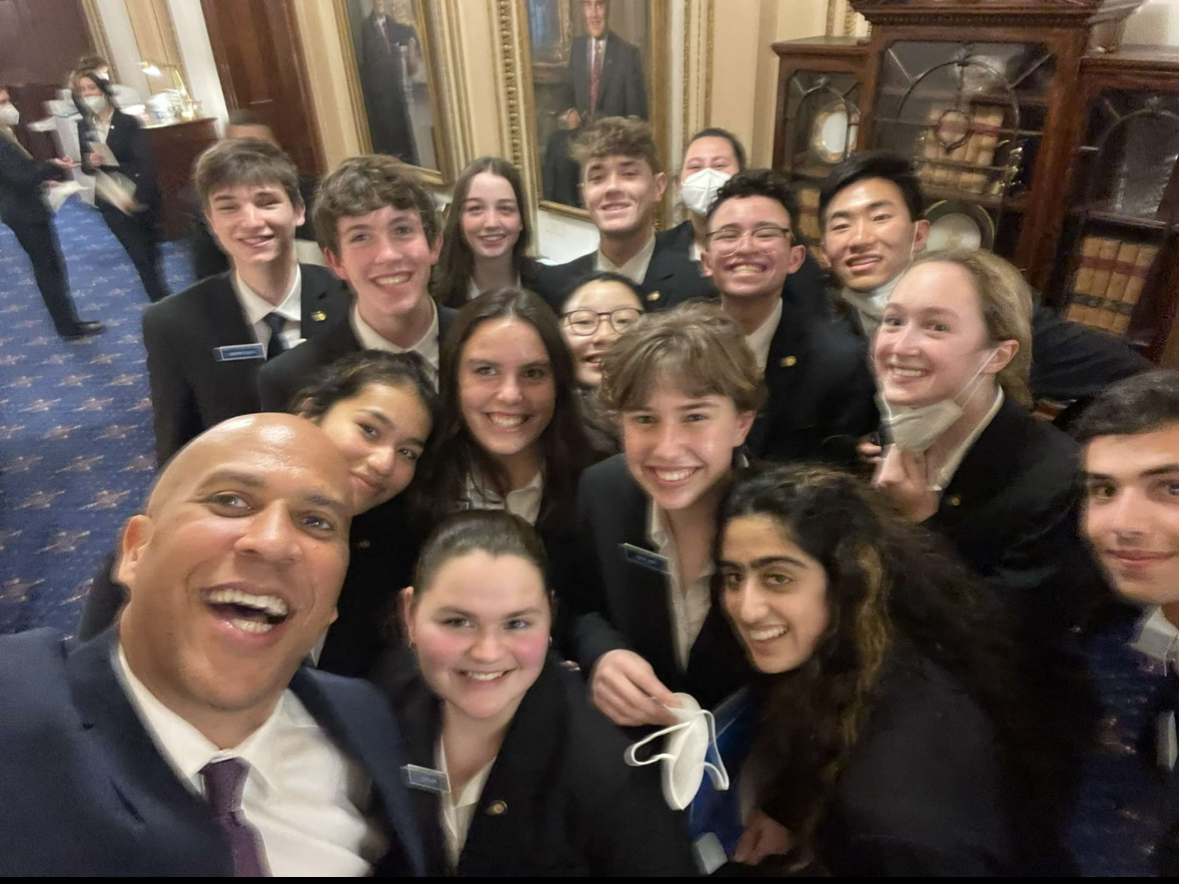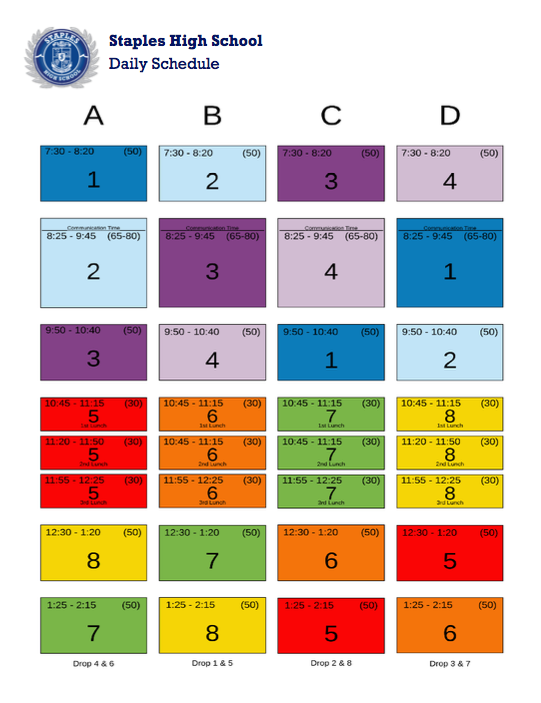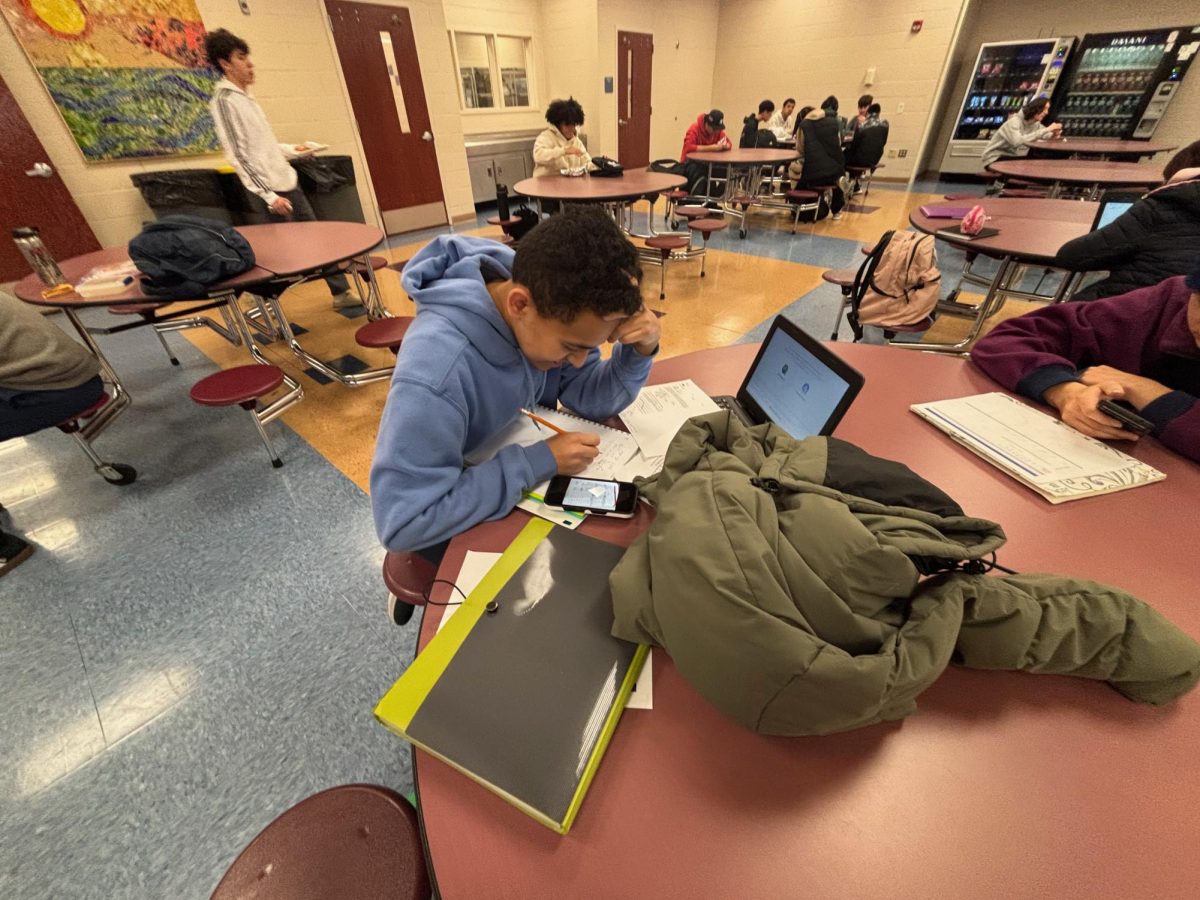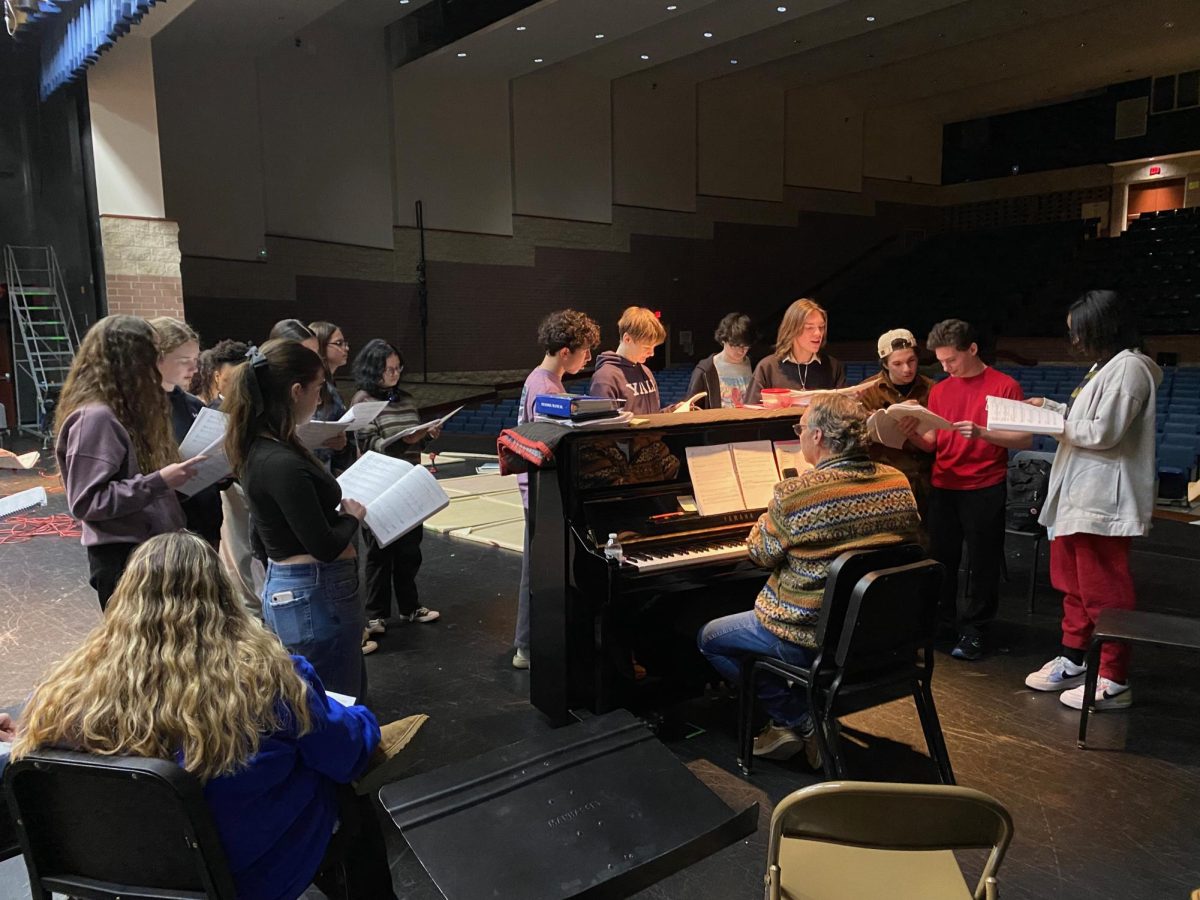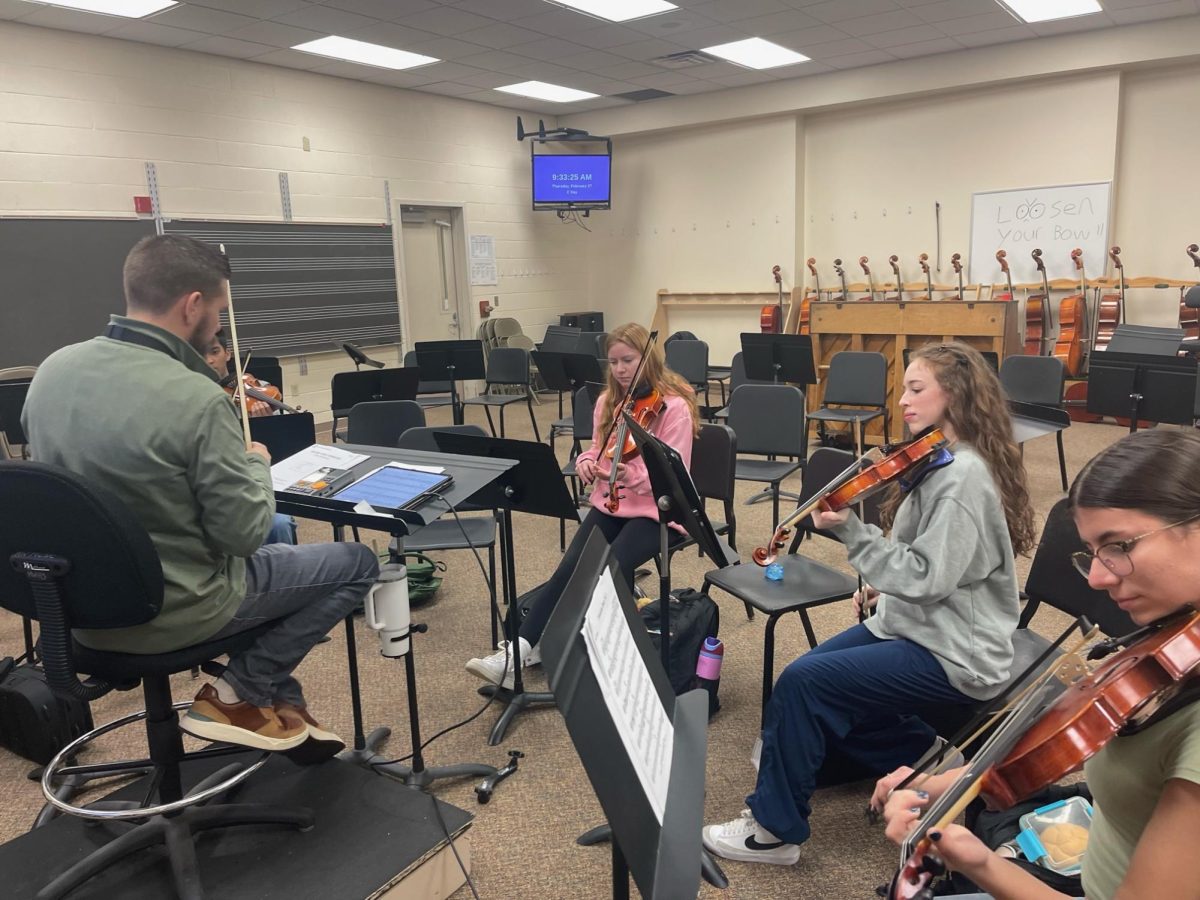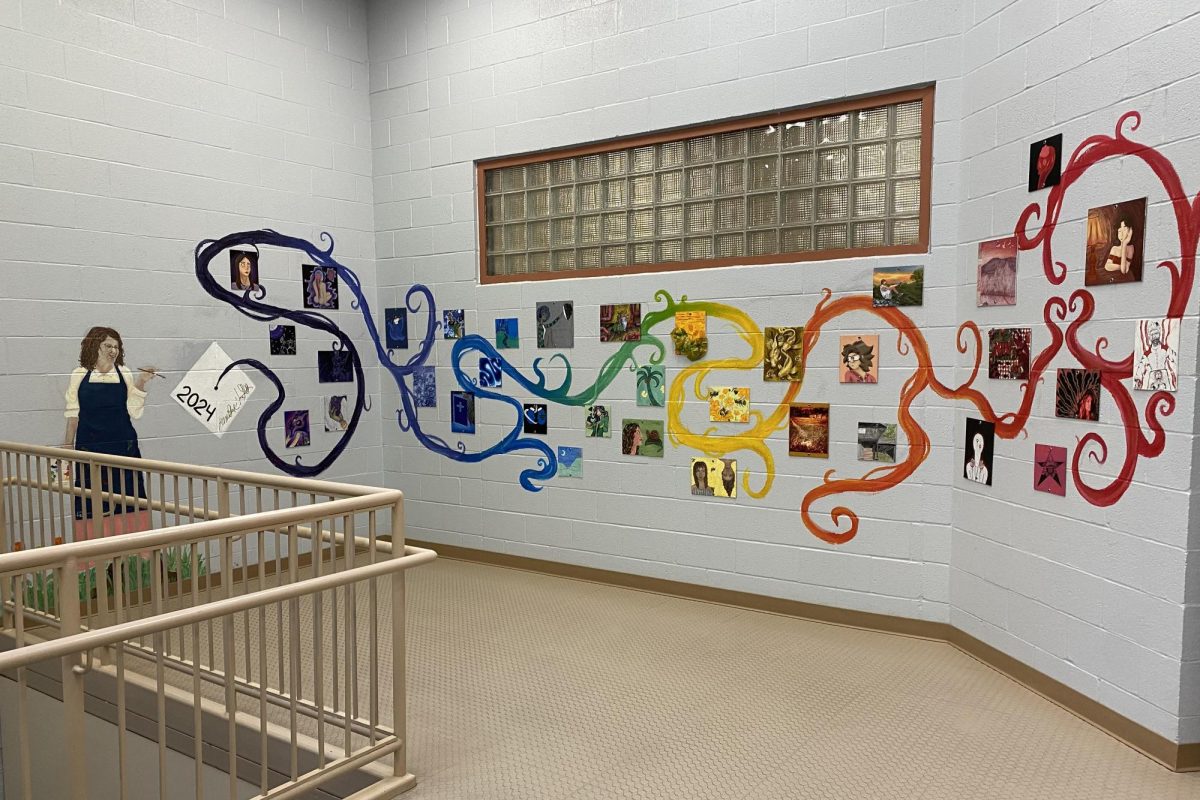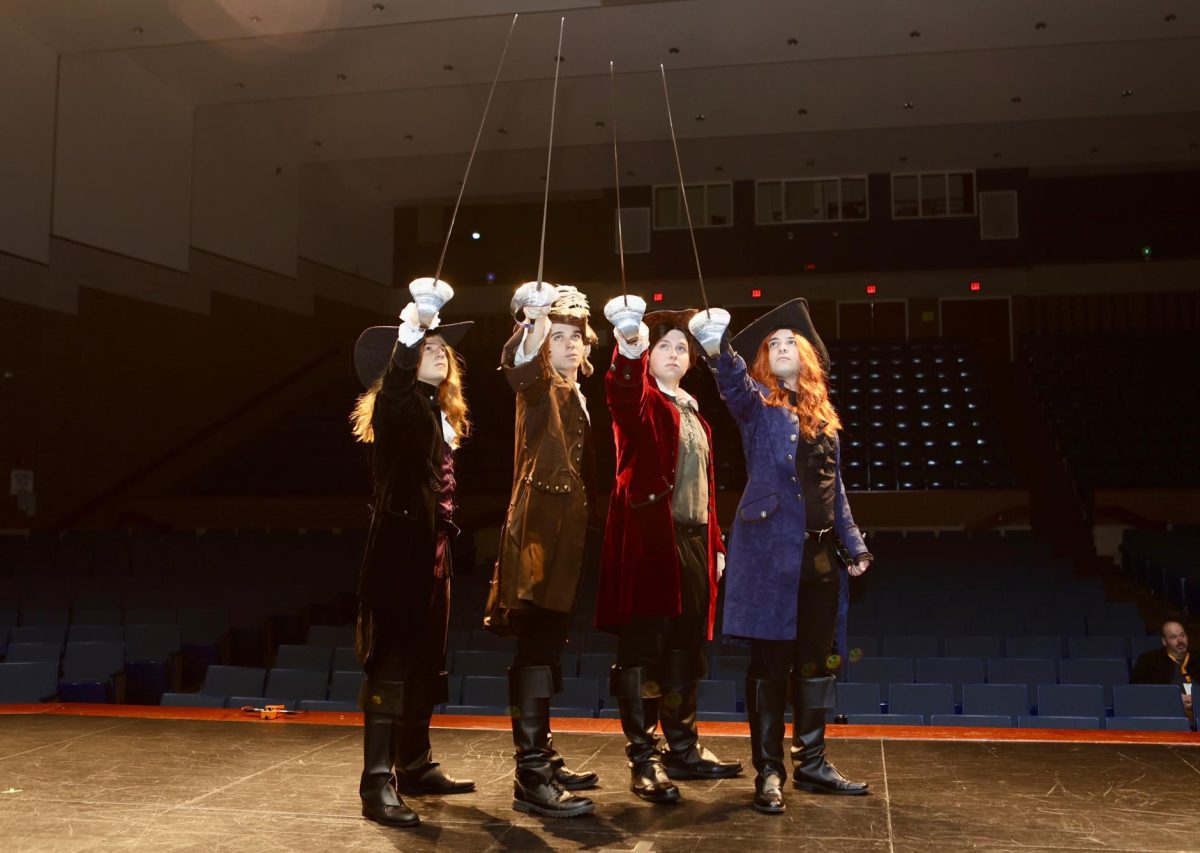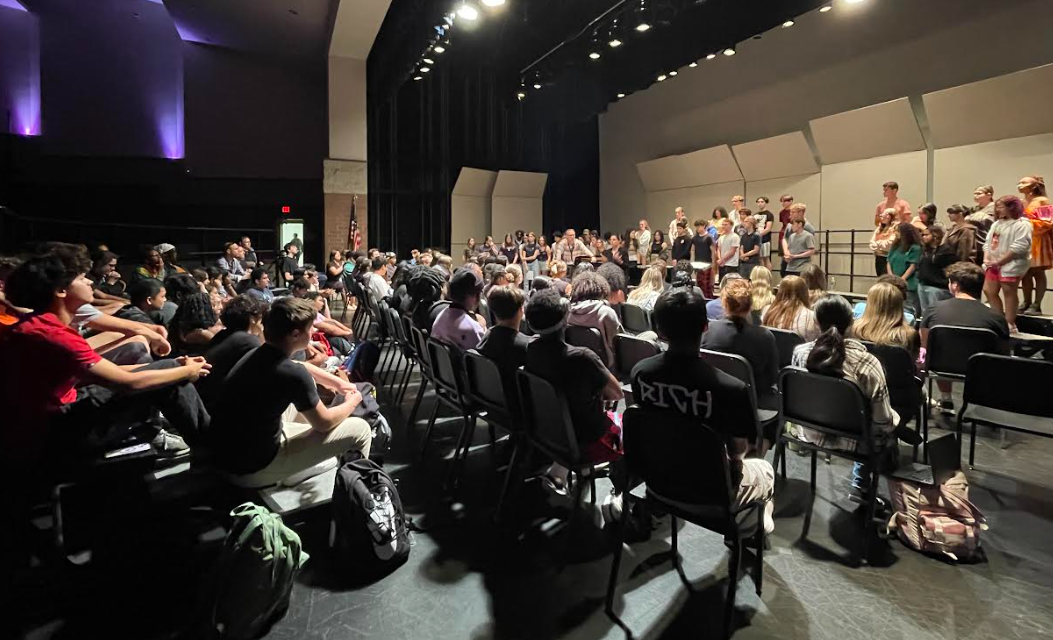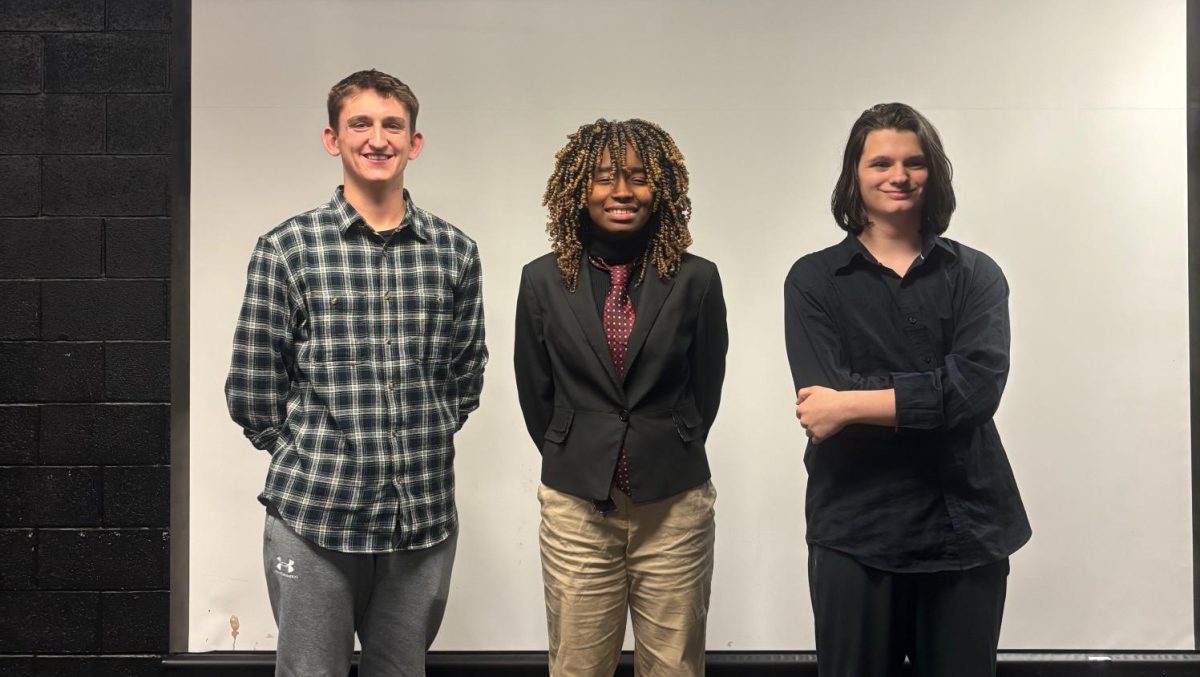On April 30, the Voice Ensemble was set to perform “Say Her Name”, a song which advocates for racial justice, during their spring concert that night, but hours before the concert Monroe-Woodbury district administrators informed students that they would not be allowed to perform the piece.
The Voice Ensemble and their conductor Dr. Crone had been practicing this piece since February in preparation for the concert. However, according to Superintendent Rodriguez and Assistant Superintendent Dr. Hassler, there have been conversations about potential controversy surrounding the song for over a month.
According to Principal Soto, questions were raised about the song choice early on in the process and brought to central administration. Dr. Hassler requested that Dr. Crone change or remove some of the names from the song.
“Say Her Name” is a song by Janelle Monáe connected to the #SayHerName movement that seeks to raise awareness for Black female victims of violence and police brutality. The original song mentions victims such as Rekia Boyd, Atatiana Jefferson, and Kisha Michael. The voice ensemble students researched and selected specific people they wanted to include in their performance of the song.
The students involved stated that they were not looking to make a political statement, but rather to highlight tragedies. They expressed aggravation with the removal of the song from the program.
“It was meant to be uplifting,” said Neena Bisconti, a senior in voice ensemble.
“I think it was ridiculous for them to censor us that way,” said Ali Rahman, a senior in voice ensemble, “they should have either let us perform it or have told us sooner so we could replace that piece.”
Superintendent Rodriguez and Assistant Superintendent Hassler met with the voice ensemble on May 2 to answer questions and provide their reasoning behind their decision. The meeting lasted approximately one hour.
It did not take much inquiry for Superintendent Rodriguez to disclose the main reason why she felt the removal of the song was necessary: “I was concerned it was going to offend the people in this community that are police officers.”
Dr. Hassler made it clear that he was adverse to having any public displays of possibly political ideas and that he preferred that most topics, in this case racial injustice or gun violence, stay within the classroom.
“I know students were doing research and investigating, and just so that you know that the intent wasn’t in any way tamp down that work. Our conversations have been about the difference between the discussion work that happens in a classroom where you can talk about these issues and have a debate,” said Dr. Hassler during the meeting. “The challenge with a concert is that there is no dialogue. Sometimes it’s very hard to have people understand when you know behind the scenes what your goal and intent is with a song versus the way that people take that.”
Students argued that this should not have been a problem because some of the victims they planned to acknowledge were police officers themselves. However, Principal Soto and Superintendent Rodriguez noted that most audience members would not have that prior knowledge.
“When you buy a Broadway or concert ticket, you know what you’re getting, you paid for that specific experience,” said Principal Soto. “When you come to our concert meant for our community, it would be jarring for some people to be hit with messaging they didn’t sign up for.”
Eventually, the voice ensemble members hosted a smaller concert featuring “Say Her Name” during a school day in late May.
“It was a fantastic performance and I’m happy they were able to do it for students,” said Mr. Gawron, a social studies teacher.

